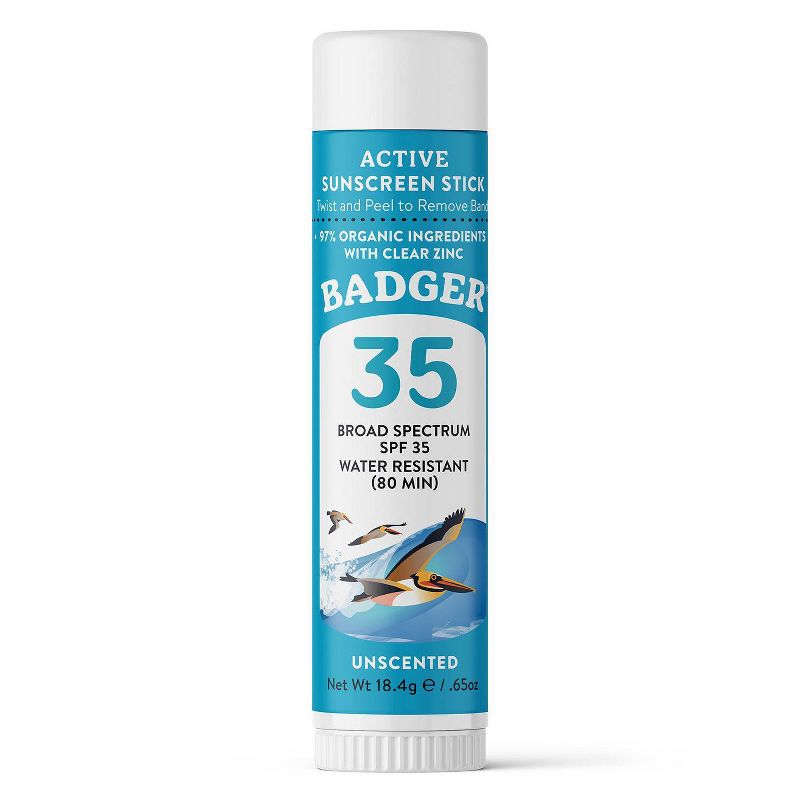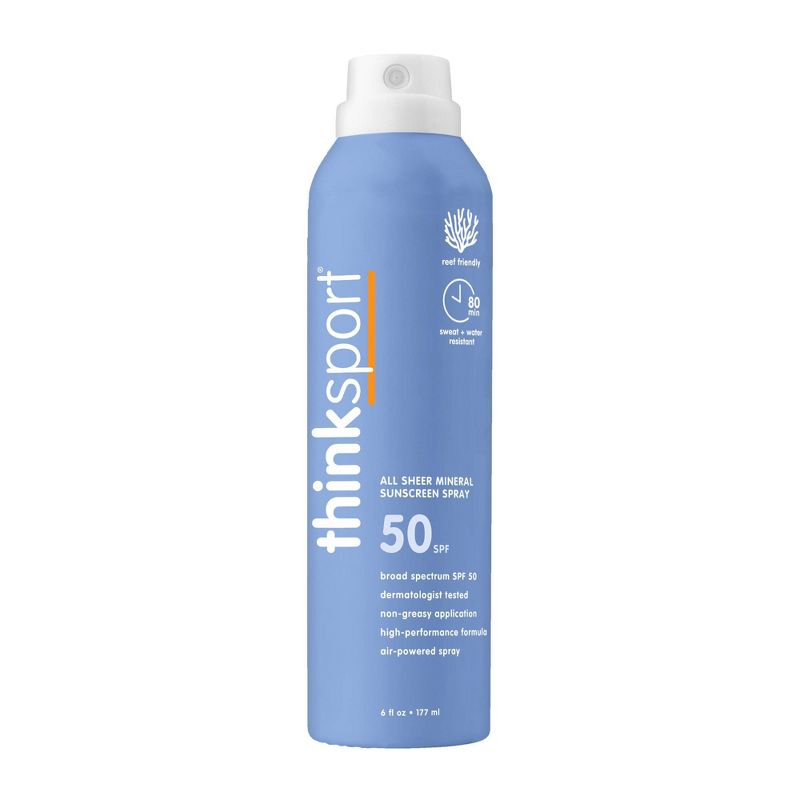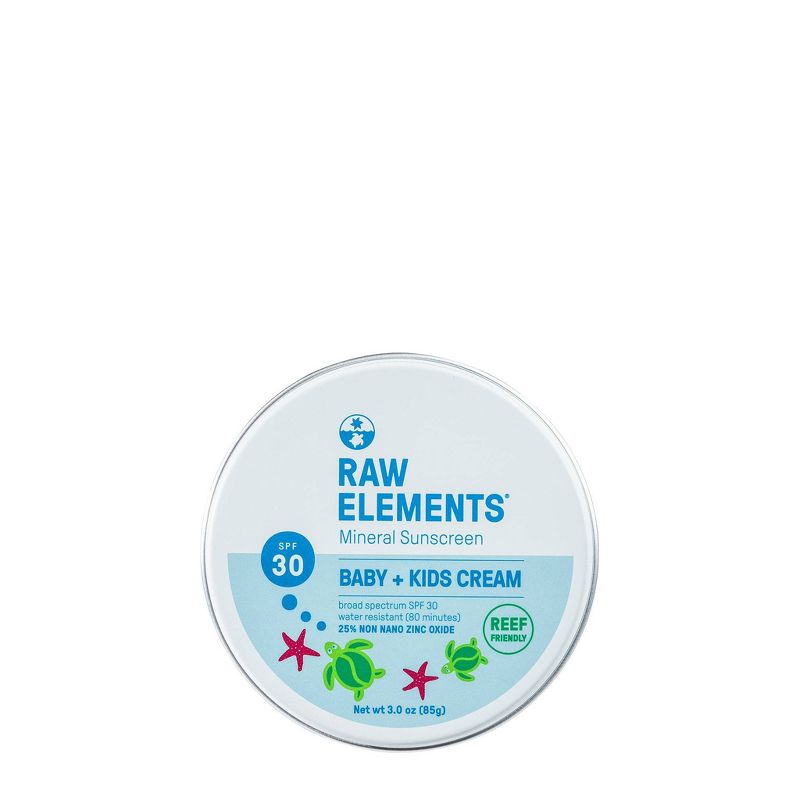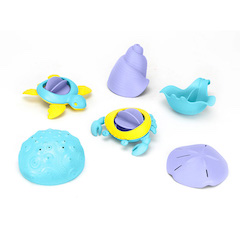Eco Friendly Measures to Take at the Beach

This site contains affiliate links. We may make a small commission from qualifying purchases. This commission comes at no extra cost to you.
The beauty of the beach is a treasure worth preserving, and adopting eco-friendly practices ensures that we can continue to enjoy the sandy shores and pristine waters for generations to come. A day at the beach can be both enjoyable and sustainable with a few mindful choices. Here’s a guide to eco-friendly measures that will help you minimize your environmental impact while soaking in the sun and sea.
Leave No Trace

Adhere to the Leave No Trace principle by cleaning up after yourself. Pack out all your trash, including food wrappers and cigarette butts. Dispose of waste in designated bins or take it home with you.
The Leave No Trace principle is important for beaches and natural environments in general because it promotes responsible and sustainable outdoor recreation. Specifically for beaches, adhering to the Leave No Trace principles helps preserve the delicate coastal ecosystems, maintain the natural beauty of the shoreline, and ensure that these environments remain enjoyable for both present and future generations. Here are some key reasons why the Leave No Trace principle is crucial for beaches:
Preserving Natural Habitats: Beaches are often home to diverse ecosystems, including sand dunes, plant life, and various marine species. Disrupting these habitats by leaving behind trash, disturbing wildlife, or trampling vegetation can have negative consequences on the delicate balance of these environments.
Protecting Wildlife: Many coastal areas are crucial habitats for various species of birds, marine life, and other wildlife. Leaving no trace minimizes disturbances to nesting sites, feeding areas, and other essential habitats, helping to protect and preserve these species.
Preventing Pollution: Leaving behind litter, plastic, or other waste on the beach can lead to pollution of both the land and the ocean. Trash left on the shore can be carried into the water, affecting marine life and contributing to broader environmental issues such as plastic pollution.
Maintaining Aesthetics: Beaches are often visited for their natural beauty. Following the Leave No Trace principles helps maintain the aesthetic appeal of these areas. Clean, unspoiled beaches are more enjoyable for visitors and contribute to a positive overall experience.
Promoting Sustainability: Responsible outdoor practices contribute to the long-term sustainability of natural areas. By minimizing our impact, we ensure that beaches can continue to provide recreational opportunities and ecological benefits for years to come.
Respecting Cultural and Historical Sites: Some beaches may have cultural or historical significance, including archaeological sites or Indigenous cultural heritage. Leaving no trace helps preserve these sites and shows respect for the cultural history of the area.
Educating and Inspiring Others: Practicing Leave No Trace sets a positive example for others. By demonstrating responsible behavior, individuals and communities can inspire a culture of environmental stewardship and encourage others to follow suit.
Complying with Regulations: Many beach areas have specific regulations and guidelines to protect the environment. Following Leave No Trace principles helps ensure compliance with these rules, preventing harm to the ecosystem and potential legal consequences.
Reusable Essentials
Say goodbye to single-use plastics by opting for reusable items. Bring a reusable water bottle, utensils, and containers for snacks. Consider investing in a durable, eco-friendly beach bag to carry your belongings.
Biodegradable Sunscreen

Protect your skin and the marine life by choosing biodegradable sunscreen. Traditional sunscreens often contain harmful chemicals that can harm coral reefs and marine ecosystems. Look for reef-safe options to minimize your ecological footprint.
The importance of reef-safe and biodegradable sunscreen cannot be overstated in the preservation of our oceans and coral reefs. Traditional sunscreens often contain chemicals, such as oxybenzone and octinoxate, which have been identified as harmful to marine life, particularly coral reefs. When swimmers apply these sunscreens and enter the ocean, these chemicals can wash off, posing a significant threat to the fragile ecosystems beneath the waves. Reef-safe and biodegradable sunscreens, on the other hand, use mineral-based ingredients like zinc oxide and titanium dioxide that are less harmful to marine life. By choosing these eco-friendly alternatives, individuals contribute to the protection of coral reefs, promote sustainable tourism, and help preserve the biodiversity of our oceans for future generations.
Sunscreen Options for Babies
Respect Wildlife

Keep a safe distance from any wildlife you encounter, including birds and marine creatures. Avoid feeding animals and refrain from disturbing their natural habitats. Respect the natural balance of the beach ecosystem.
Natural Beach Toys
If you’re bringing toys for the kids, choose ones made from natural materials like bamboo or recycled plastic. Avoid plastic toys that can break down into microplastics, which can harm marine life.
Choose Eco-Friendly Beachwear
Opt for swimwear and beach attire made from sustainable materials. Many brands now offer swimsuits created from recycled fabrics, reducing the environmental impact of fashion.
Water Conservation

Be mindful of water usage at the beach. Avoid unnecessary water wastage, such as leaving taps running. If showers are available, keep them short to conserve water.
Mindful Picnicking
If you’re planning a beach picnic, choose reusable and washable containers. Bring a picnic blanket to avoid using disposable tableware, and be sure to collect and dispose of all your food waste responsibly.
Beach Clean-up Kit
Make a positive impact on the environment by carrying a small beach clean-up kit. Include a reusable bag, gloves, and even a small trash picker. Pick up any litter you come across, leaving the beach cleaner than you found it.
Participate in Beach Clean-up Events

Check local organizations or community groups hosting beach clean-up events. Joining these initiatives allows you to contribute to the well-being of the beach and connect with like-minded individuals.
Educate and Share
Spread awareness about eco-friendly beach practices among your friends and fellow beachgoers. Lead by example and encourage others to adopt sustainable habits for a cleaner, healthier beach environment.
A day at the beach can be an enjoyable experience when coupled with a commitment to eco-friendly practices. By adopting these measures, you contribute to the preservation of the coastal environment and promote sustainable habits for all beach enthusiasts. Let’s strive to leave only footprints and take with us memories of a beach day that honors and protects the natural beauty that surrounds us.
Related Posts

What to do on a Cold Day at the Beach
Many of us have been there. We’ve spent countless hours planning and saving up for the perfect beach vacation. Then, we arrive at our destination with a less than ideal forecast that calls for cold, cloudy, and windy conditions. Don’t let this damper your spirit. There are still plenty of things to do at the beach on a cool day!

Pirate Cruises in Florida
Ahoy, families! If you’re seeking a unique and entertaining experience that combines history, imagination, and excitement, look no further than pirate cruises! These themed maritime adventures offer families a thrilling escape into the world of pirates, creating unforgettable memories and fostering shared moments of joy and discovery. Let’s delve into the reasons why pirate cruises are a fun-filled experience for families of all ages.














